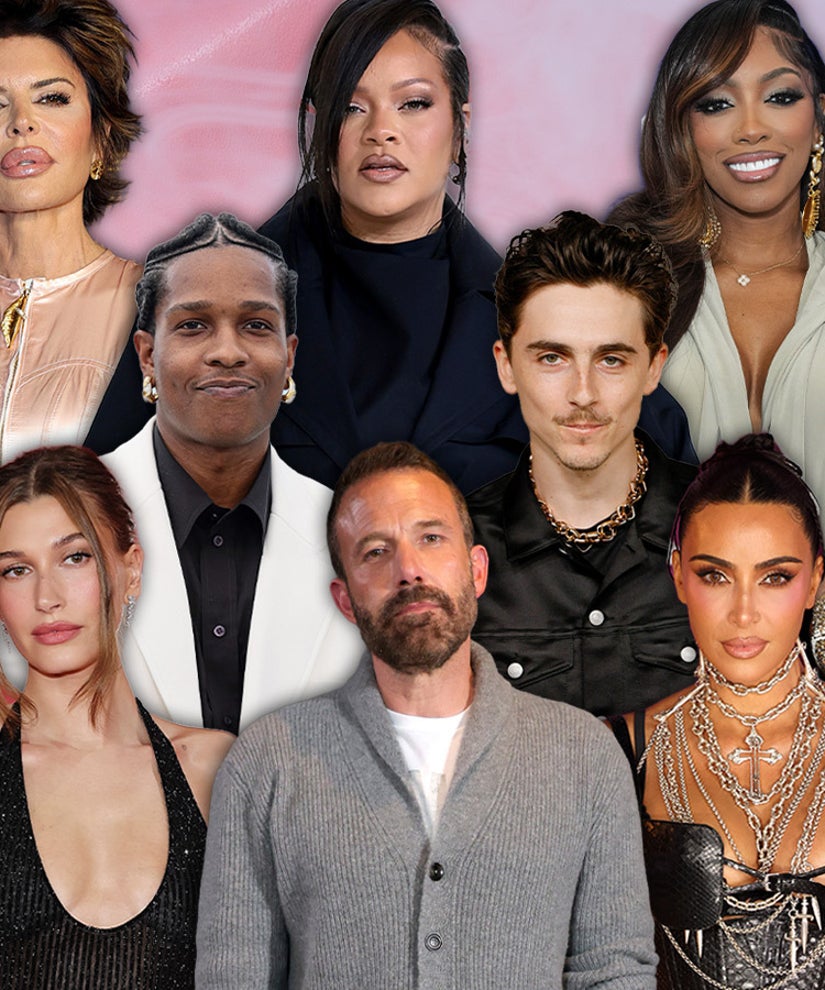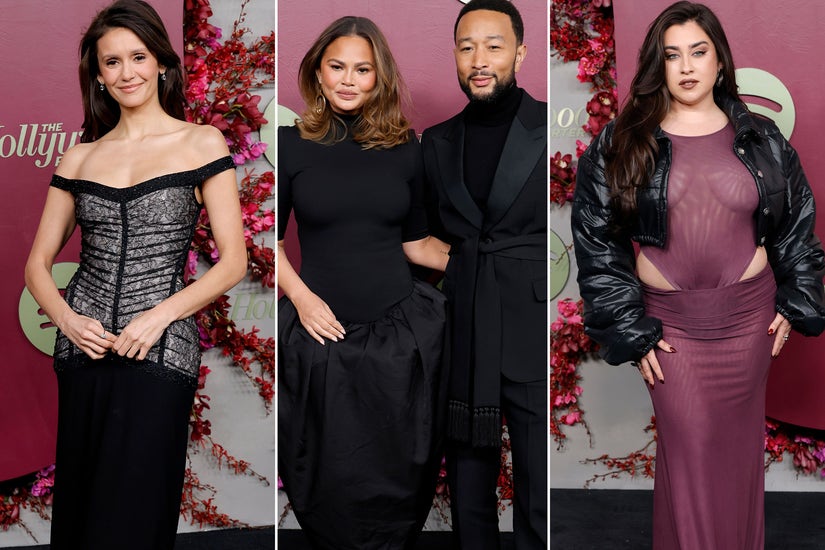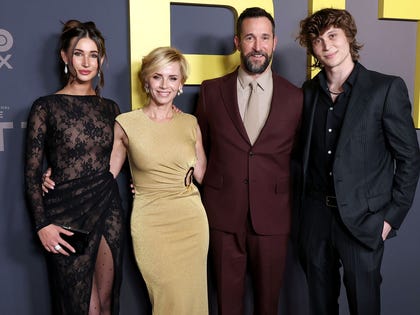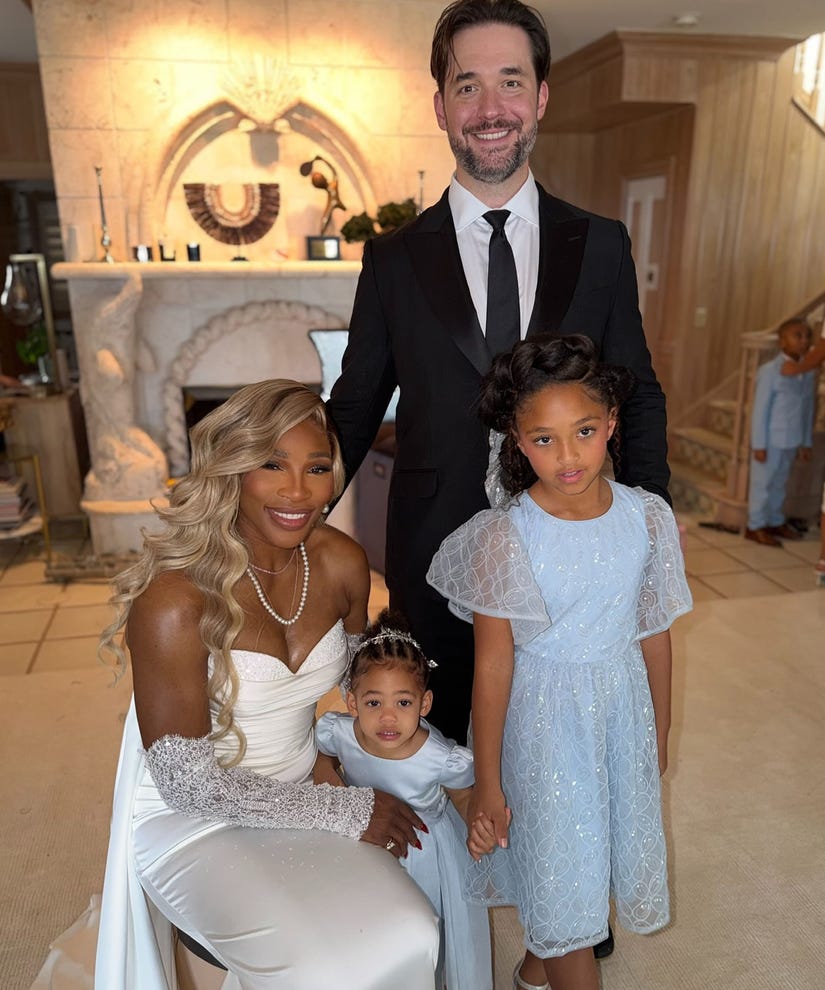 Getty
Getty
"All the things that they were trying to change about me — whether it was my weight, my look, the shape of my face, the shape of my eyebrows"
Florence Pugh has stayed true to herself.
In an interview with The Telegraph, the "Don't Worry Darling" actress opened up about the pressure to change her appearance when she first got to Hollywood.
At 19 years old she landed a television series, "Studio City" which she says made her feel "very lucky and grateful, and couldn't believe that I had got this top-of-the-game job."
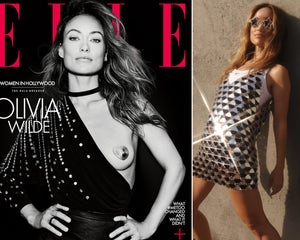 Cass Bird/Elle
Cass Bird/Elle
Olivia Wilde Praises Florence Pugh (Again), Addresses Claims She's 'Abandoned' Her Kids
View StoryHowever, she was unprepared for the industry itself.
"All the things that they were trying to change about me — whether it was my weight, my look, the shape of my face, the shape of my eyebrows — that was so not what I wanted to do, or the industry I wanted to work in," Pugh recalled.
"I'd thought the film business would be like [my experience of making] The Falling," she said referencing her first acting role at age 17, "but actually, this was what the top of the game looked like, and I felt I'd made a massive mistake."
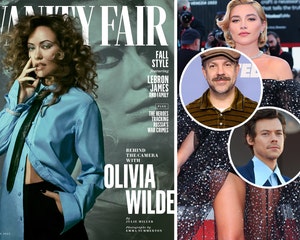 Vanity Fair / Getty
Vanity Fair / Getty
Olivia Wilde Addresses Every 'Don't Worry Darling' Rumor: From Florence Pugh to Jason Sudeikis Split to Shia LaBeouf
View Story"Studio City" was never picked up, and Pugh was eventually cast in "Lady Macbeth," which won rave reviews for her performance.
"That made me fall back in love with cinema — the kind of cinema that was a space where you could be opinionated, and loud, and I've stuck by that," she explained. "I think it's far too easy for people in this industry to push you left and right. And I was lucky enough to discover when I was 19 what kind of a performer I wanted to be."
The "Little Woman" star continued, "There's nothing glamorous about it, and I think that's what I love. When I get to be completely raw, that's when I feel like I can really be watched."
"When I could be naked at whatever size I was, and bare-faced, and the acting could speak for itself. There's nothing for people to be distracted by: they can't be like, 'Oh, I don't like the make-up.'" Pugh concluded. "It was a wonderful reminder: 'Oh, yeah — this is who you are.'"














